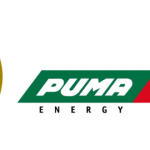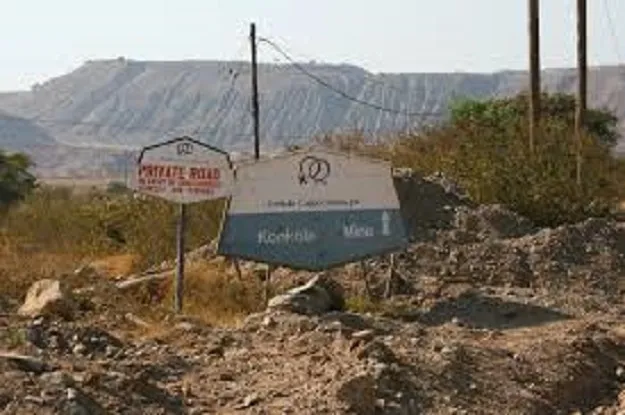By Oscar Nkala:
The non-operationalization of many laws formulated by the Zambian government over the past two decades represents several hidden costs with a negative impact on the productivity of the mining sector, a top mining law expert has said.
In remarks published on international taxation law website JDSupra.com, Lusaka-based Corpus Legal Practitioners Senior Partner Charles Mkokweza said although Zambia’s rise to a prominent mining destination was accompanied by laws and reforms that conform to international best-practices, the lack of implementation remains disruptive to new mine investments.
“The main challenge remains the full operationalisation of the various statutes and laws, made over roughly the past two decades, which have been the key drivers of Zambia’s rise to a preferred investment destination in Africa.
“These generally reflect international best-practice for mining regulation, but the office-bearers, regulators, boards or dispute resolution tribunals for some have not yet been appointed. Some laws have not even come into effect. This poses a challenge to the mining sector because the legislation remains in a state of flux,” Mkokweza said.
Some of the amended and new laws are yet to be implemented include the Constitution, Companies Act, Insolvency Act, Banking and Financial Services Act, Securities Act, Mines and Minerals Development Act, the Water Resources Management Act and the Environmental Management Act.
Are there other bottlenecks constraining the mining sector’s growth?
Notable constraints in the sector relate to the lack of assurance for foreign investors that the legal framework protects their interests in Zambia. From our own experience, there are still situations where, depending from where the investment originates and the scale of the project, investors will struggle to get the proper support from government. In our view, that points to structural issues that the government needs to address. We cannot definitively call it bribery; however, it does not represent a level playing field and there is not enough consistency in the application of the strong legal framework that has been prescribed in this country.
For instance, we are still dealing with situations where an exploration company may have invested money in defining a resource, but, for one reason or another, their licence is rejected at the point of renewal. On the other hand, during that very short period of rejection and appeal, you may find another foreign company puts in an application which moves very quickly towards approval. It is difficult to call it corruption, rather a weakness in the structure. Arguably, it will take the government putting in place better training or appraising the standards for the people working in government licensing and regulatory institutions to ensure the country does not earn a bad name because policy is not implemented transparently and objectively.















